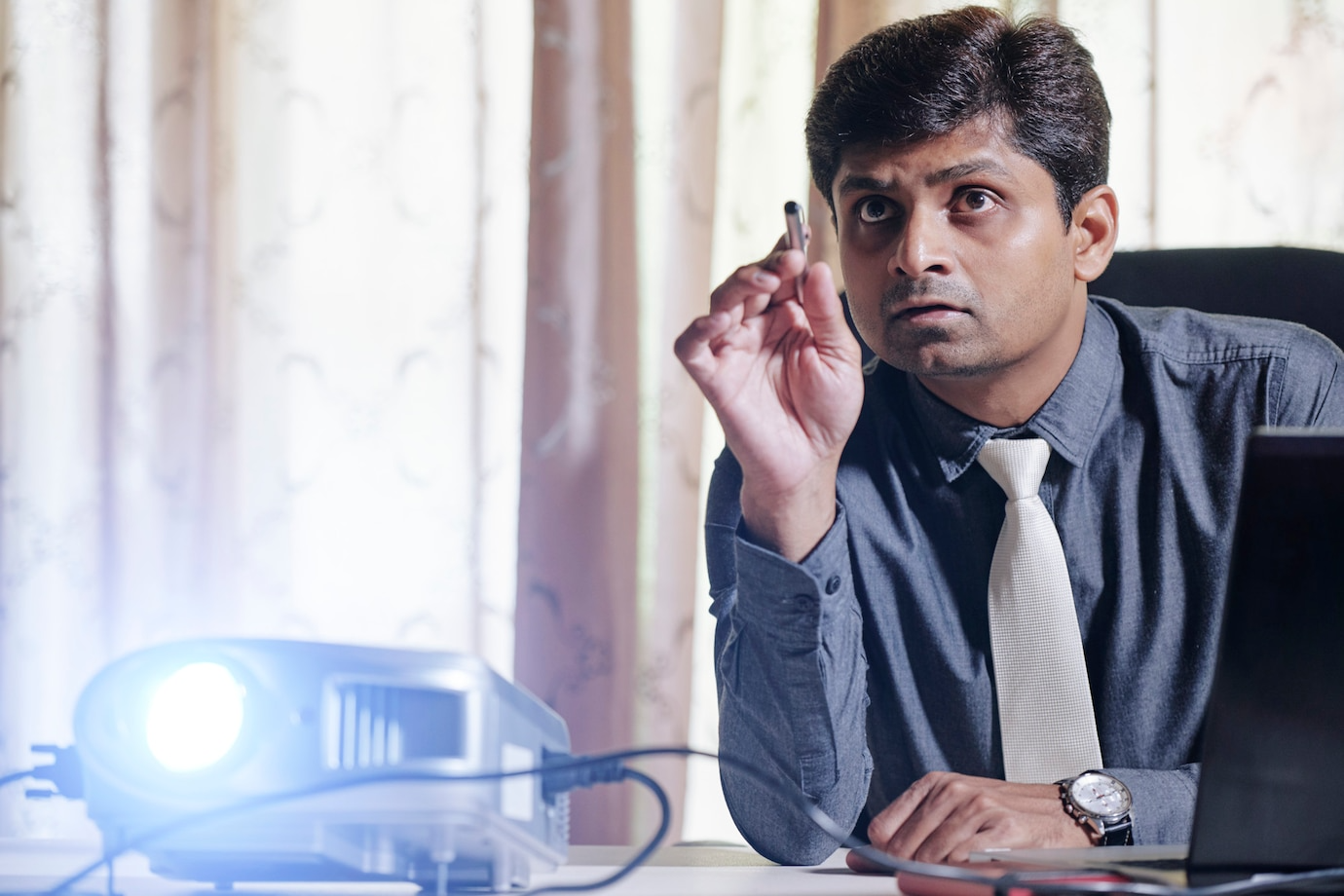Are you ready to take on the important role of an executor but not sure where to start? Being an executor can be a challenging yet rewarding responsibility. In this guide, we will walk you through the essential information every executor needs to know to fulfill their duties effectively. From understanding the role to navigating the probate process, this article will equip you with the knowledge and tools to carry out your duties with confidence.
Understanding the Role of an Executor
Before diving into the specifics of being an executor, it’s crucial to understand the role and responsibilities that come with it. An executor is an individual appointed in a will to carry out the deceased person’s final wishes and manage the estate’s affairs. This includes gathering assets, paying debts and taxes, and distributing the remaining assets to the beneficiaries.
Key Responsibilities of an Executor
- Locating and managing the deceased person’s assets
- Notifying beneficiaries and heirs
- Paying debts, expenses, and taxes
- Distributing assets to beneficiaries
- Preparing and filing necessary documents with the court
Navigating the Probate Process
Probate is the legal process of administering the estate of a deceased person. As an executor, you will likely have to navigate the probate process, which can vary depending on the state laws and the complexity of the estate. Here are some key steps involved in the probate process:
1. Filing the Will
The first step in the probate process is to file the deceased person’s will with the appropriate probate court. If the deceased did not leave a will, the court will appoint an administrator to handle the estate.
2. Inventorying Assets
As an executor, you will need to create an inventory of the deceased person’s assets, including real estate, bank accounts, investments, and personal belongings. This inventory will help in the distribution of assets to the beneficiaries.
3. Notifying Creditors and Paying Debts
Part of your responsibilities as an executor is to notify creditors of the deceased person’s passing and pay off any outstanding debts using the estate’s assets. This step is crucial to ensure that the estate is settled properly.
4. Distributing Assets to Beneficiaries
Once all debts and taxes have been paid, you can distribute the remaining assets to the beneficiaries according to the terms of the will. It’s essential to follow the will’s instructions carefully to avoid any disputes among the beneficiaries.
Final Steps and Closing Thoughts
Being an executor is a significant responsibility that requires careful attention to detail and adherence to legal requirements. By understanding the role, navigating the probate process, and fulfilling your duties diligently, you can ensure that the deceased person’s final wishes are carried out smoothly. Remember, seeking professional guidance from an attorney or estate planner can help you navigate any complexities that may arise during the probate process.
Now that you have a better understanding of what it takes to be an executor, you can approach the role with confidence and competence. Embrace the opportunity to honor the deceased person’s legacy and make a positive impact on their loved ones’ lives through your dedicated service as an executor.
If you have feedback, questions, or ideas for future articles or Information Hubs, please contact us. Your insights help us create valuable content.


